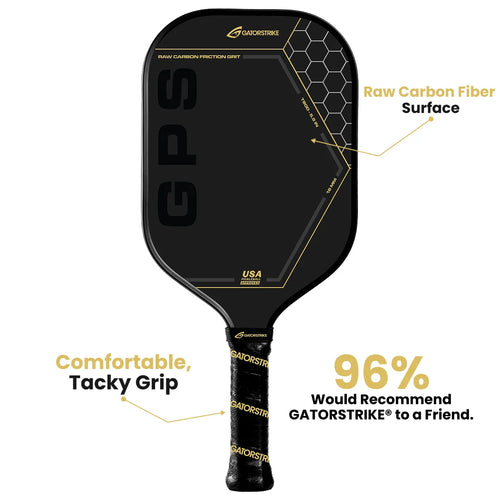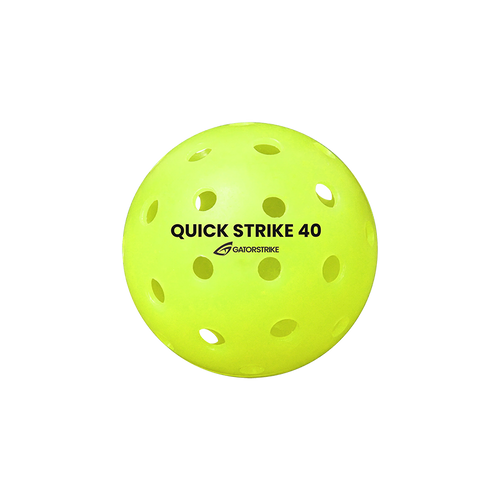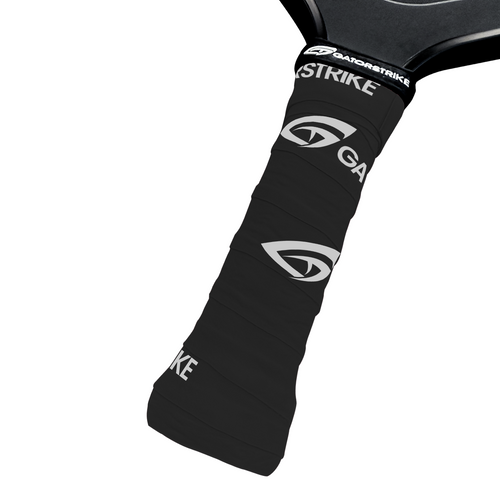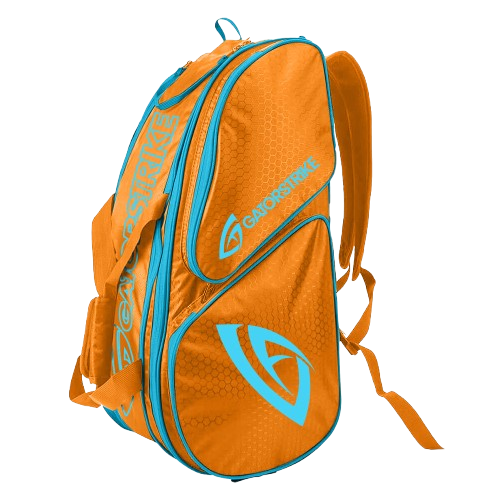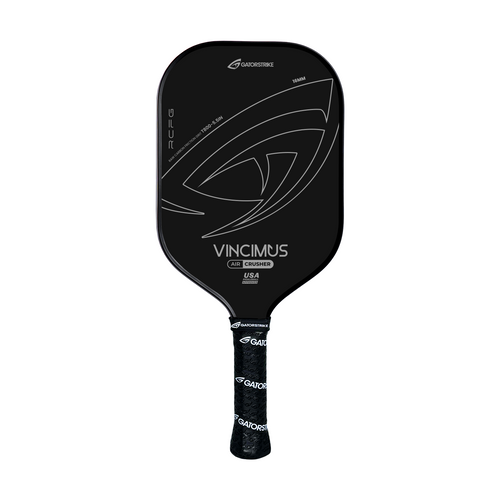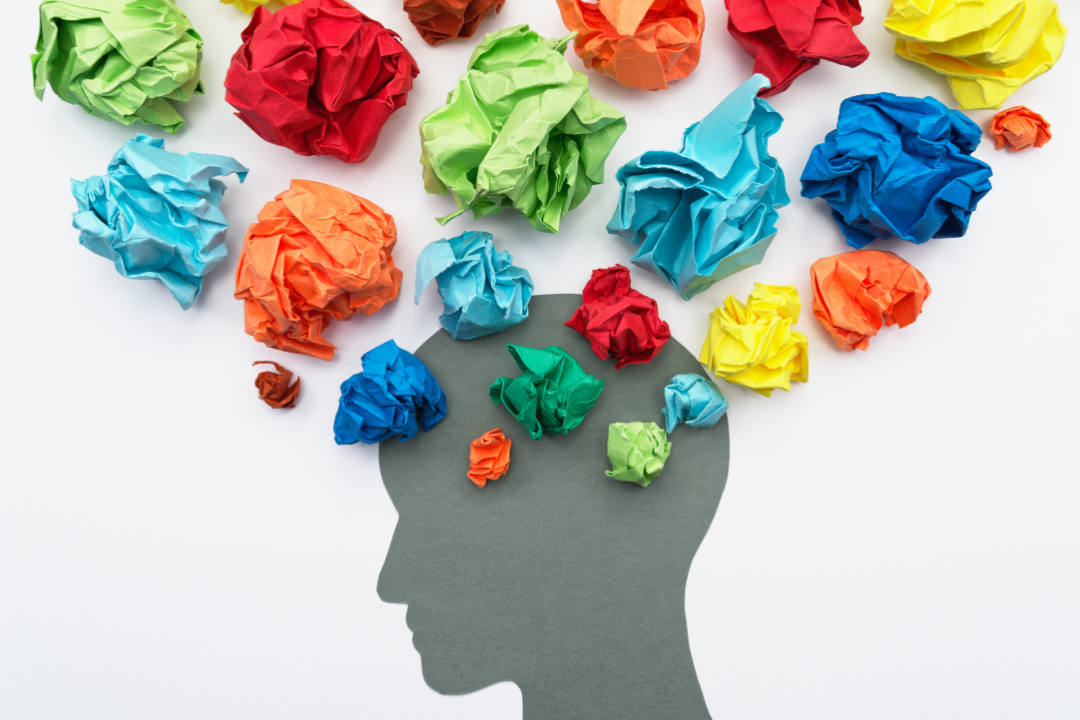
Why Mental Game Matters More Than Ever in Pickleball Competitions
Share
Pickleball has grown from a leisurely pastime into a competitive sport demanding focus, strategy, and—perhaps most importantly—a strong mental game. As players reach higher levels of competition, mastering mental resilience and focus becomes crucial. The physical aspects alone no longer guarantee success; instead, players who thrive are those who bring mental agility and endurance to the court. Here’s why developing mental toughness can be a game-changer for pickleball players aiming to excel.
1. The Power of Focus in Fast-Paced Exchanges
Pickleball rallies are swift, with shots exchanged rapidly across a small court. In these high-intensity situations, maintaining laser-like focus is essential. A momentary lapse in attention can turn the tide, so the ability to stay present and process each point becomes invaluable.
- Heightened Awareness: Mental preparation helps players stay attuned to opponents’ movements, anticipate shots, and react more instinctively.
- Quick Decision-Making: The ability to remain calm under pressure enables players to make split-second decisions, even in intense rallies.
2. Emotional Control and Resilience
Pickleball games are often filled with momentum shifts, especially in competitive matches where each point can feel like a make-or-break moment. Maintaining composure, even after a missed shot or an opponent’s strong play, can keep players from getting derailed. Emotional control allows players to brush off mistakes and stay locked into their game plan.
- Building Resilience: The capacity to rebound from setbacks and stay positive is key in overcoming rough patches and shifting momentum.
- Avoiding Self-Sabotage: Staying mentally composed prevents the spiral of frustration, which can lead to costly errors.
3. Strategic Thinking and Adaptability
In pickleball, the most successful players adapt their strategy to counter their opponents’ strengths and exploit weaknesses. This requires not only knowledge of techniques but also the mental discipline to switch gears during a game. Those who keep a flexible mindset can change tactics as needed, giving them a crucial advantage in unpredictable matches.
- Real-Time Adjustments: A strong mental game enables players to analyze opponents’ patterns and adapt their play mid-game.
- Strategic Patience: Mental discipline helps players avoid risky shots and stick with high-percentage plays until a true opportunity arises.
4. Confidence and Self-Belief Under Pressure
Competitive pickleball often comes down to a few critical points, particularly in close games. Confidence is essential in executing shots under pressure, whether it’s a game-winning serve or a crucial dink at the net. Believing in one’s abilities, even when facing a skilled opponent, can tip the scales in favor of a calm, calculated performance.
- Trusting Your Training: Players who develop confidence in their preparation can approach key moments with less anxiety and more focus.
- Visualization Techniques: Mental rehearsals can help reinforce self-belief, allowing players to execute challenging shots under pressure.
5. The Importance of Mindful Preparation
For pickleball competitors, the mental game doesn’t start and end on the court. Mindful preparation, including meditation, breathing exercises, and visualization, can improve concentration, reduce stress, and enhance performance. These practices enable players to bring a clear mind and a winning mentality to every match.
- Pre-Game Routine: Having a consistent routine that includes mental warm-ups allows players to feel prepared and grounded.
- Mindfulness Practice: Techniques such as deep breathing and visualization can help players stay relaxed and confident, regardless of match intensity.
Conclusion
In pickleball, a solid mental game is increasingly recognized as a cornerstone of competitive success. Players who cultivate focus, resilience, adaptability, and confidence not only sharpen their physical skills but also build the mental foundation necessary for winning matches. As pickleball continues to grow in popularity and competition stiffens, developing a strong mental game is essential for anyone looking to rise to the top. So, next time you hit the court, remember that it’s not just about the paddle and the ball—it’s about the mind too.
